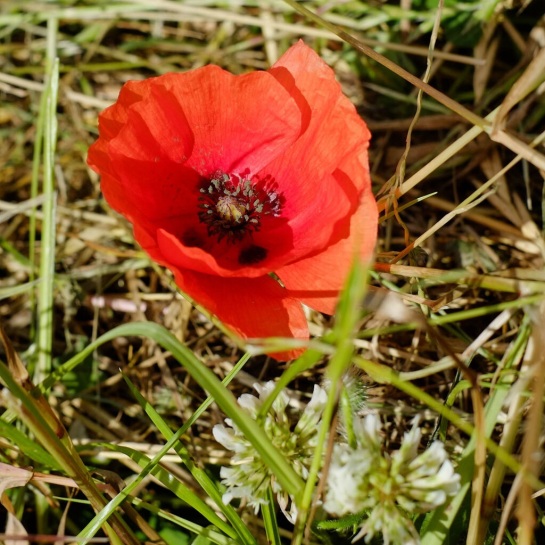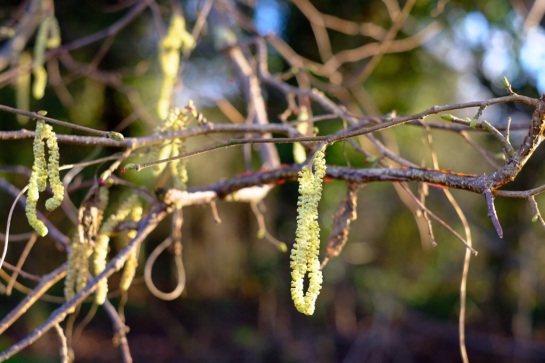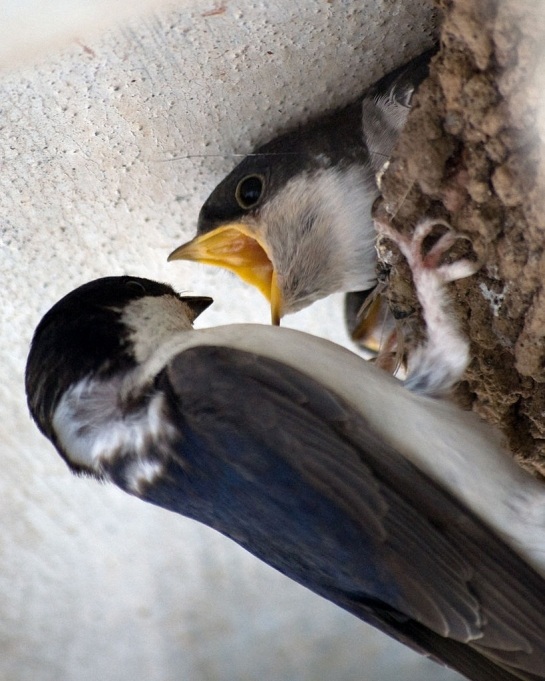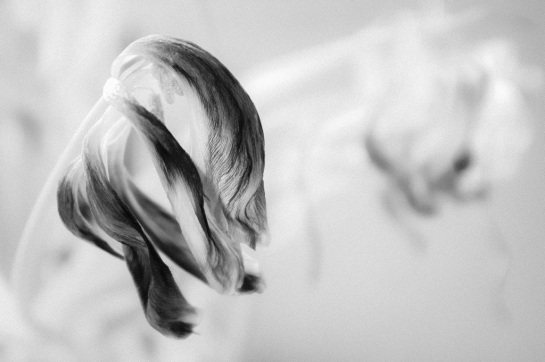Joe and I finally managed to sit down and have a useful conversation about how we felt about Julie’s continuing self harm. It’s difficult to find time for this sort of complicated and subtle conversation when you are both busy working, and also trying to manage the practical problems of having to care for a member of the family with such a serious mental illness.
Such a conversation was long overdue. We were both having difficulties with the situation. Incidents still occur regularly, and there is no sign yet of them coming to an end. Julie has been improving in lots of ways – she has been on a very successful work experience placement for example – but she is still ill. In the bad old days everybody knew that she was ill; these days not many people realise what goes on behind the scenes, but quite a bit still goes on. She had to call for an ambulance for example, the other day, to the astonishment (and alarm) of many of our neighbours.
The problem in the long term for parents is that you don’t stop reacting, and the reaction doesn’t stop being painful and destructive. When there is a particularly frightening or messy incident, you experience a wave of distress and anxiety which can continue for days, long after Julie herself is beginning to bounce back. It doesn’t really matter whether you’re very actively involved in the event – getting stuck in with the First Aid box and then sitting with her in A&E – or just hearing about it afterwards from your partner.
Nor does there seem to be any way of protecting yourself, keeping the emotion boxed in, or bracing yourself for the impact. I know that some families reject a child who has serious mental illness (quite a few end up in care) and I can see how for some families this is the only solution that gives them a fighting chance of survival.
Sometimes I get angry after an incident. I got more angry when I was recovering from an operation and I was feeling physically very vulnerable. Joe often gets angry. It does feel sometimes as if all the love and care you pour in is being rejected, and it can take a day or two before you can forget this when you speak to them. Joe still feels guilt too – I stopped feeling guilty long ago – but he still wishes he could keep his little girl safe and stop these bad things happening to her. Both of us experience feelings of despair and hopelessness, overwhelming grief, sudden flashbacks, and difficulties sleeping.
It’s important to acknowledge these huge emotions and their impact on us and on Julie. There’s no point trying to pretend to Julie that we don’t feel anything, as if we were automatons. At the same time, we have to be careful not to beat up on her when she herself is at her most vulnerable. How easy it is to let the anger slip out, to list all the things she has jeopardised, to threaten and invoke the spectre of the disaster she has almost brought down on our heads. The hard thing is to find safe ways of saying “We love you, we hold you, we hate what you’re doing to yourself, but we know we can’t stop you doing it. We will go on being here for you no matter what you do.”









